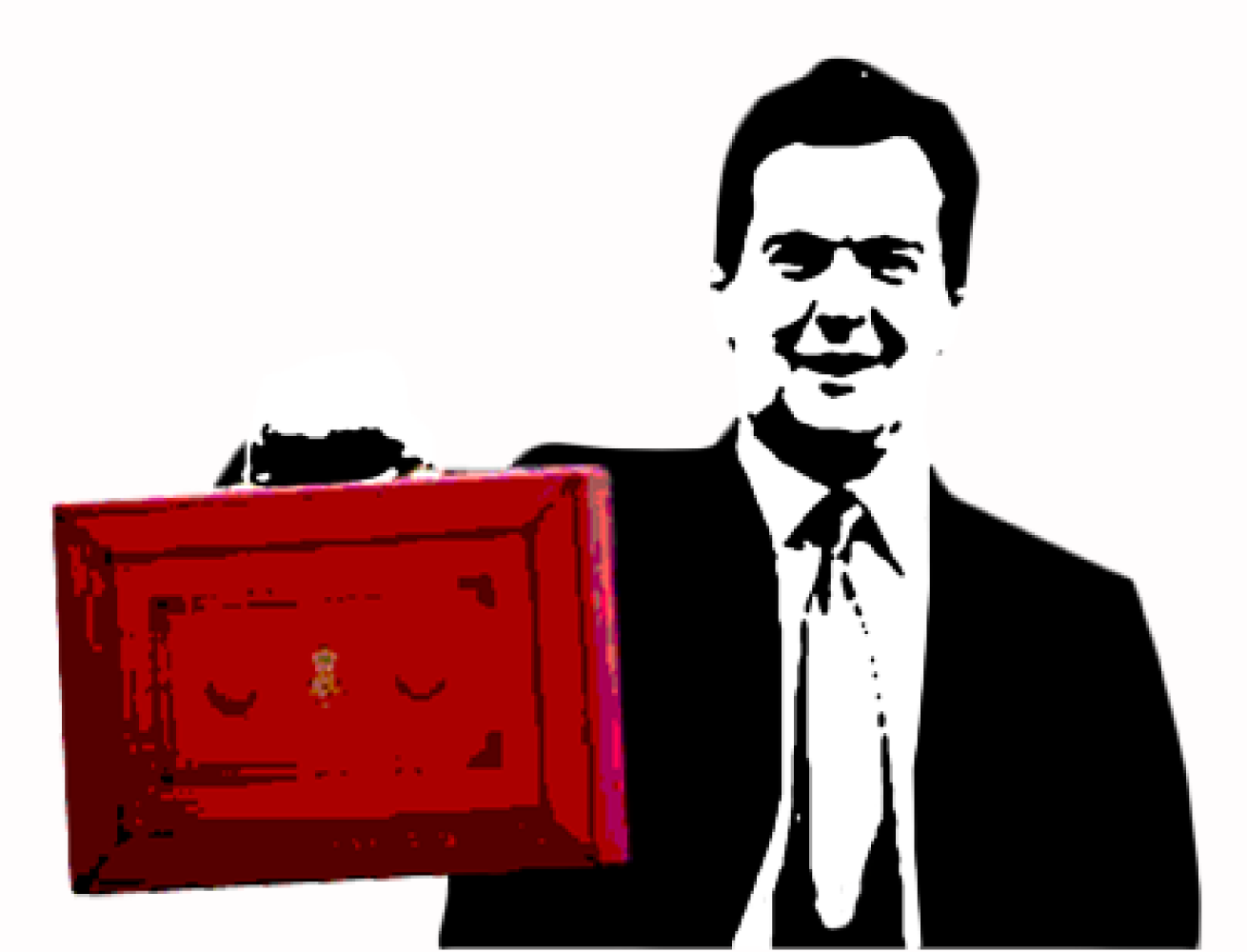Retirement
BLOG: Georgie’s choice

Stand and deliver! George Osborne is lurking behind a rock, waiting to spring out with his March Budget and snatch thousands of pounds out of your pension pot, like a 21st century Dick Turpin without the romance.
Or, hold out your hand! The Chancellor will don the garb of Lady Bountiful, and drop pennies of extra tax relief into your retirement basket.
If GOO (full – real – name Gideon Oliver Osborne) introduces a flat rate of tax relief to the pension system, this March, he will no doubt be painted in both lights. Speculation is rife that Dick/Bountiful may scrap the current system, where 45% and 40% taxpayers attract tax relief on their pension contributions at their highest rate of tax, while 20% taxpayers get 20% relief, and replace both with the same rate, possibly 25% or 30%.
Howls of pre-emptive outrage have issued from many quarters, not least pension providers who might just fear a leaching of funds from higher rate taxpayers into alternative investments. But others, including higher rate taxpayers themselves, have been more circumspect. Some point out that, if you were building a pension system from scratch in a modern democracy, it would be difficult to defend the concept of giving greater tax relief to those wealthier earners in the higher tax brackets. So a flat rate of tax relief could be fairer.
What of the potential introduction of a ‘pension ISA’ – a new iteration of the existing ISA, possibly with more generous limits, into which workers could save for retirement? The idea floated by GOO last July suggested that people could pay pension contributions into such an ISA out of their taxed income, and then withdraw income in retirement tax-free – possibly having received a government top-up in the middle. The concept is attractive in its simplicity compared to the monstrously convoluted existing pension tax regime. And even more attractive to the current government in delivering immediate tax receipts to today’s Treasury, kicking the cost of tax relief down the road to be picked up by a future government. Hence Royal London’s description of this option as ‘stealing funding from the next generation of public services’.
Having used the word ‘simplicity’ a few sentences ago, I must acknowledge that I have hugely simplified the potential changes here. And to a simple end. Which is to point out that the biggest problem with any future alterations to pension legislation is, simply, consumer confidence -and not just in GOO.
For years we have been told that, as an ageing population we need to save more for retirement. Governments have tried to be encouraging. Pension providers have tried, with varying degrees of failure, to make saving for retirement sexy. It will never be sexy. But we consumers would like to feel confident that saving for our pensions is safe.
And that’s a problem. Saving for retirement is a long road. And any successive chancellor at any point on that road can jump out from where they are lurking behind a rock and take away what we have worked for and saved for in good faith. I am less worried about a flat rate of tax relief being introduced, which I think could be fairer for all, than I am about such a rate being systematically reduced by increasingly cash-strapped governments over the next 26 years – or 30 years, or 35 years, depending on when they shift the official retirement age to by the time I get there, or when I can afford to retire (I am 44).
Likewise with a pension ISA. I’m sure GOO always keeps his promises, but I’m not sure I can trust him to vouch for any future government when he suggests that withdrawing income from such an ISA in retirement will be tax-free. A pension ISA as a vehicle could turn out to be less of the highwayman’s Black Bess and more of a Trojan Horse, allowing for a raid on pension savings not seen since Gordon Brown’s 1997 heist, estimated to have removed more than £200bn from pension savers.